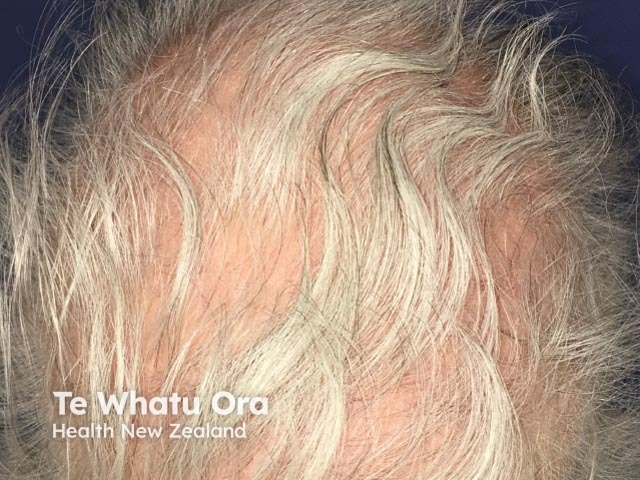Shop At Haya: Your Ultimate Shopping Guide
Discover the best shopping tips, trends, and deals for a smarter buying experience.
Shedding Light on Hair Loss: Why Your Locks Are in a Tangle
Discover the surprising causes of hair loss and unlock the secrets to healthier, fuller locks in our latest blog post!
Understanding the Causes of Hair Loss: What You Need to Know
Understanding the causes of hair loss is essential for anyone experiencing this common issue. There are several key factors that contribute to hair loss, including genetics, hormonal changes, and medical conditions. Genetic predisposition, known as androgenetic alopecia, is one of the most common causes, affecting both men and women. Additionally, hormonal shifts, particularly those related to pregnancy, menopause, or thyroid imbalances can significantly impact hair growth. It’s also important to consider medical conditions such as alopecia areata, which triggers sudden hair loss, and various scalp infections that can lead to thinning hair.
Another critical factor in understanding hair loss is the role of lifestyle choices. Stress can have a profound impact on overall hair health, leading to a condition called telogen effluvium, where significant stress causes hair follicles to enter a resting phase. Nutritional deficiencies, particularly a lack of essential vitamins and minerals such as iron, vitamin D, and biotin, can also contribute to hair thinning. Implementing a balanced diet and managing stress through relaxation techniques may help in mitigating hair loss and promoting healthy hair growth.

Top Myths About Hair Loss Debunked: Separating Fact from Fiction
Hair loss is often surrounded by numerous myths that can lead to misinformation and unnecessary worry. One common myth is that hair loss only affects men. While it is true that male pattern baldness is more widely recognized, women can also experience significant hair thinning and loss due to various factors, including hormonal changes, genetics, and medical conditions. Understanding that hair loss can affect anyone is crucial for addressing the issue with the right mindset and seeking appropriate treatment.
Another prevalent myth is that frequent hair washing contributes to hair loss. On the contrary, keeping the scalp clean can promote a healthy environment for hair growth. The real contributors to hair loss are often related to genetics, nutritional deficiencies, or stress rather than the number of times you wash your hair. Debunking these myths is vital in helping individuals make informed decisions about their hair care routine and to eliminate unnecessary fears about their hair health.
Is Stress Contributing to Your Hair Loss? Discover the Connection
Stress is a powerful force that can impact various aspects of our health, and one area that it significantly affects is our hair. Many individuals experiencing hair loss may not initially link their shedding to stress levels, but studies have shown that stress can contribute to hair loss. When the body undergoes stressful situations, it produces hormones like cortisol, which can disrupt the natural hair growth cycle, pushing hair follicles into a resting phase. This can result in noticeable thinning or shedding over time.
If you're noticing increased hair loss coinciding with stressful events in your life, it's essential to address both the emotional and physical aspects of this connection. Managing stress through techniques such as mindfulness, exercise, and proper self-care can play a crucial role in promoting overall well-being and potentially slowing down hair loss. Additionally, consulting with a healthcare professional or a dermatologist can help you navigate the best strategies to support your hair health while tackling stress effectively.